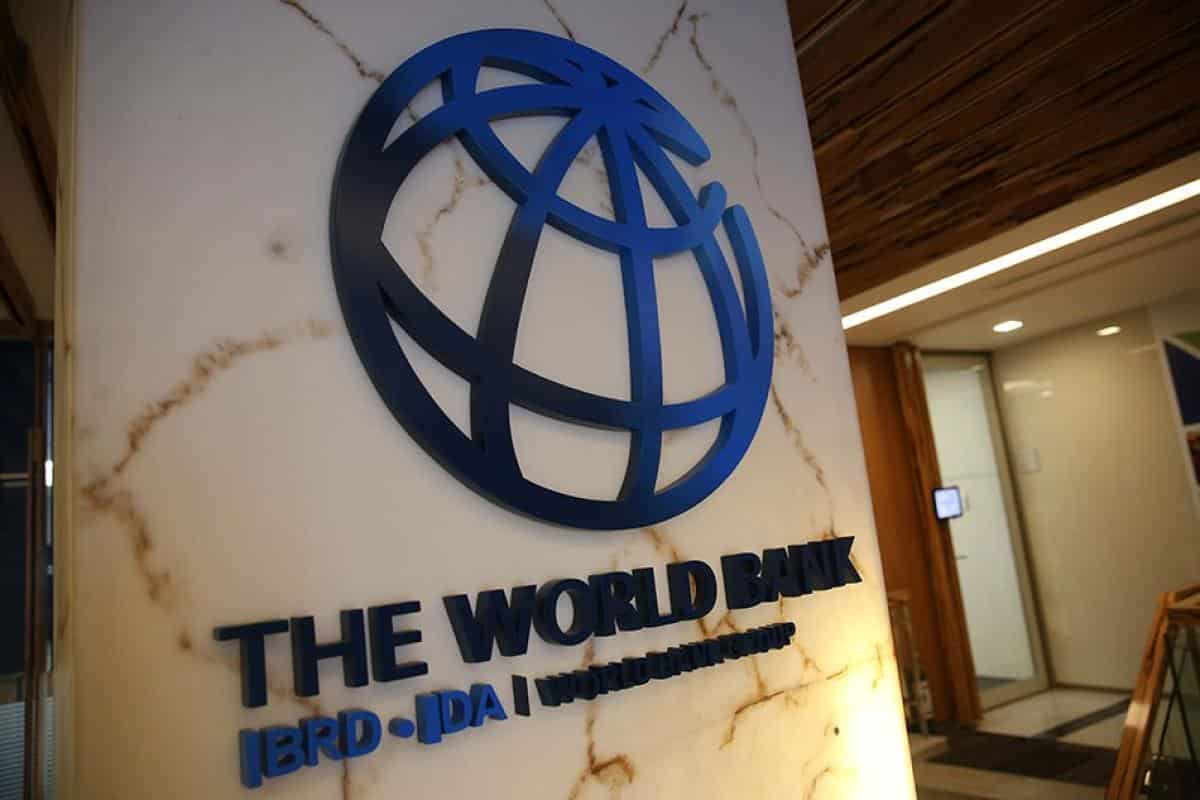GDP
World Bank Assessment: India’s GDP to plunge by 9.6% in 2020-21
India’s GDP is expected to take a further plunge by 9.6 per cent in 2020-21, says the World Bank in its latest assessment. This figure has been revised from a 3.2 per cent drop since June. It said growth is forecast to return to 5.4 per cent in FY22, assuming that COVID-19 related restrictions are completely lifted by 2022.
In the June quarter, India’s GDP contracted by 23.4 per cent. This was described as the sharpest fall among global economies. But several key economic indicators have pointed to some recovery as the economy unlocks and several sectors have opened up for business.
“India’s economy, the region’s largest, is expected to contract by 9.6 per cent in the fiscal year that started in March 2020,” the report said. “Regional growth is projected to rebound to 4.5 per cent in 2021. Factoring in population growth, however, income-per-capita in the region will remain six per cent below 2019 estimates, indicating that the expected rebound will not offset the lasting economic damage caused by the pandemic.”
The report noted that in previous recessions, falling investment and exports led the downturn. But this time, its different as private consumption, traditionally the backbone of demand in South Asia and a core indicator of economic welfare, will decline by more than 10 per cent. This will further spike poverty rates. Since April, the World Bank has delivered 25 operations totaling almost $6 billion to support COVID-19 recovery in South Asia. Initially, the focus had been on the health emergency response and protecting the most vulnerable. It suggests for countries to reimagine the delivery of essential services, such as health, education and social protection to protect their people better against future shocks. To create a more resilient future, countries need to sustain businesses and support job creation.
For India, the institution highlighted that a $210 million project in the state of Maharashtra will help smallholder farmers access emerging domestic and export markets, increase private sector investment in agricultural value chains, increase productivity, respond to price fluctuations and build crop resilience. In regards to water management, it said a $80 million project will improve water management and increase agricultural productivity for more than 400,000 smallholder farmers, women and pastoral communities in Himachal Pradesh. The Bank also suggested that a $400 million project will help the government develop an institutional framework to manage the Ganga river basin and finance investments that address pollution in the basin’s urban areas.










































